Before you dive into the blog and calculate penetration testing cost, ask yourself this: would you rather make a calculated investment today or pay exponentially more when it’s too late?
The average cost of a data breach has soared to $4.88 million, reflecting a 10% increase over the past year as per IBM’s Cost of a Data Breach Report 2024.
Penetration testing is not just a line item in your security budget it’s a strategic move to uncover real vulnerabilities before attackers do. In this blog, we break down how much penetration testing costs, what drives those costs, and why it’s worth every dollar if done right.
What is Penetration Testing?
Penetration testing simulates real-world cyberattacks to identify vulnerabilities in your network, systems, and applications.
Penetration testers (ethical hackers) assess your security by trying to exploit weaknesses that could be used by malicious actors. The goal is to proactively discover and fix vulnerabilities before they can be exploited.
Average Cost of Penetration Testing
On average, you can expect to pay your PTaaS provider anywhere from $5,000 to $100,000 for a comprehensive pen test. However, the cost largely depends on the scope, complexity, and the specific service you require.
Click here to read about Pen Testing as a Service (PTaaS): How It Works & Why Businesses Need It
Testing a one-page marketing website is typically more affordable, as it involves fewer components and simpler testing. However, testing a complex B2B deep-tech applications with multiple user roles, third-party integrations, backend APIs and integrated services requires a deeper assessment of security layers.
Comprehensive Testing (Including Web, Network, and Application) can range from anywhere from $20,000 to $100,000+ while red team engagement (Simulated Attacks with Exploitation) can cost from $30,000 - $100,000+.
Web Application Penetration Testing
The cost for web application penetration testing typically ranges between $6,000 to $50,000 per test. The pricing is influenced by the number of backend APIs, user-roles, third-party integration within the web application.
Network Penetration Testing
For network penetration testing, the average cost falls between $750 to $850 per device. This cost depends on the number of IPs and devices within the network. A network with more endpoints, devices, and entry points will require a more extensive assessment.
Cloud Penetration Testing
Cloud penetration testing typically costs between $5,000 and $50,000 per test, and this price is influenced by factors such as the cloud services in use and the number of cloud servers.
Organizations using a variety of cloud platforms or multiple cloud environments will need a more comprehensive evaluation.
Mobile Application Penetration Testing
The cost of mobile application penetration testing ranges from $6,000 to $30,000 per test. The pricing is largely determined by the number of platforms the application supports, such as iOS or Android, APIs, user-roles, AND third-party integrations.
SaaS Penetration Testing
SaaS (Software as a Service) penetration testing generally costs between $5,000 and $30,000 per test. The cost here depends on the unique roles, technology stack, and the number of static and dynamic pages within the SaaS application.
API Penetration Testing
API penetration testing usually costs between $5,000 and $30,000 per test, depending on the number of unique APIs and the endpoints in each API. A greater number of APIs and endpoints requires more time to test and thereby raise the overall cost.
Factors That Affect Penetration Testing Costs
1. Size of the scope
The primary factor that influences the cost of penetration testing is the scope of the test. A test with a larger scope, covering more systems, applications, or infrastructure costs more.
For example, testing a single web application may cost significantly less than testing an entire network with multiple endpoints, servers, and applications.
Some of the key areas that might be included in the scope are web applications, mobile apps, network infrastructure (Wi-Fi, LAN, etc.), cloud infrastructure (AWS, Azure, etc.), IoT devices and third-party systems (e.g., SaaS).
The more systems and endpoints you need to test, the higher the cost will be.
2. Type of penetration tests
In black box testing, the tester has no prior knowledge of the system being tested. It is typically more expensive as it requires more time and effort for discovery and exploitation.
In white box testing, the tester is provided with detailed information about the systems they are testing. This approach is generally cheaper because the tester has access to all the system's information and only needs to focus on exploitation.
Grey box testing is a combination of the two approaches, where the tester has some knowledge of the system but not full access. It is typically priced in between black and white box testing.
3. Complexity of systems, infrastructure and network
If your network or application architecture is complex, it will require significantly more investment in money and time.
One noteworthy use case is highly complex network infrastructures with multiple firewalls, VPNs, or other security systems that require more time and a larger team to assess. On the other hand, legacy systems or outdated technologies may also increase the testing cost due to their difficulty in identifying and exploiting vulnerabilities.
Integration of third-party services, cloud environments, or IoT devices introduces additional complexities that also impacts pricing.
4. Depth of testing
Penetration testing can vary greatly in depth, depending on the scope of the engagement. Some organizations may opt for a basic test that provides an overview of critical weaknesses, focusing on common vulnerabilities that could be exploited.
In contrast, a comprehensive or advanced test delves deeper, assessing a wider range of vulnerabilities including advanced persistent threats (APTs), physical access risks, and social engineering attacks.
5. Expertise and reputation of the provider
Well-established providers with highly skilled testers may charge more for their services. However, their expertise often leads to more thorough testing and more actionable insights, providing better value for money in the long run.
Certified ethical hackers, such as those holding the OSCP, CREST, or CISSP certifications, will command higher fees. Find out about the 11 Best Penetration Testing Services.
Is Penetration Testing Worth the Investment?
Yes, penetration testing is undoubtedly worth the investment. According to IBM’s Cost of a Data Breach Report 2024, the average cost of a data breach reached $4.88 million, marking a 10% increase over the last year and the highest total ever.
In contrast, the cost of proactive penetration testing is a fraction of that amount and can help identify and remediate vulnerabilities before they are exploited. It will come down to your decision whether you choose a few thousand dollars investment over a million dollar mistake.
Compliance alone isn’t enough to build trust
Penetration testing supports key regulatory requirements including PCI DSS, HIPAA, and GDPR but its value extends beyond checkboxes. In an era where trust is currency, demonstrating proactive security testing is a strong market differentiator.
Strong security posture starts with real-world validation
No matter how advanced your tools are, they’re only as good as their last test. Penetration testing validates your defenses against real tactics, techniques, and procedures (TTPs) used by modern adversaries. It offers CISOs and security architects tangible insights to improve detection, response, and resilience.
Considering the increasing frequency and sophistication of cyberattacks, penetration testing should be seen as a critical part of your overall cybersecurity strategy.
Why AppSecure is Your Best Choice for Penetration Testing
When it comes to penetration testing, the difference between a check-the-box vendor and a true security partner can be the difference between a near-miss and a major breach.
Our approach is research-driven, offensive in methodology, and built on real-world adversarial simulations. Whether you need to secure a complex SaaS platform, APIs, mobile apps, or an enterprise cloud environment, we bring a Red Team mindset to every engagement.
We also believe in customizing the experience for every kind of company across industries. If you want to know how much it will cost, get in touch with our team of experts. We’ll scope the engagement based on your unique environment, not a one-size-fits-all model.
Know more about why AppSecure should be your partner of choice.
Here’s what sets us apart:
- Expert-led assessments: Conducted by seasoned ethical hackers with experience in simulating real-world threats.
- Custom-built test plans: We design testing strategies around your tech stack, threat model, and business logic.
- Actionable reporting: Instead of overwhelming you with raw data, we prioritize vulnerabilities by risk impact, exploitation feasibility, and business context.
- Compliance-ready support: From SOC 2 and ISO 27001 to HIPAA and GDPR, we help you meet compliance requirements without compromising on technical depth.
Conclusion
The cost of penetration testing depends on multiple factors, including the scope, complexity, type of test, and the expertise of the provider.
While costs can vary greatly, businesses of all sizes can benefit from penetration testing as a proactive measure to identify and mitigate vulnerabilities.
For CISOs and cybersecurity decision-makers, understanding these pricing factors will help ensure that you can budget appropriately and select the right provider to suit your needs. Don’t wait for an attack to expose your weaknesses, invest in penetration testing today to protect your business from tomorrow’s threats. Get in touch with our team of experts today for a consultation.

Ankit is a B2B SaaS marketing expert with deep specialization in cybersecurity. He makes complex topics like EDR, XDR, MDR, and Cloud Security accessible and discoverable through strategic content and smart distribution. A frequent contributor to industry blogs and panels, Ankit is known for turning technical depth into clear, actionable insights. Outside of work, he explores emerging security trends and mentors aspiring marketers in the cybersecurity space.





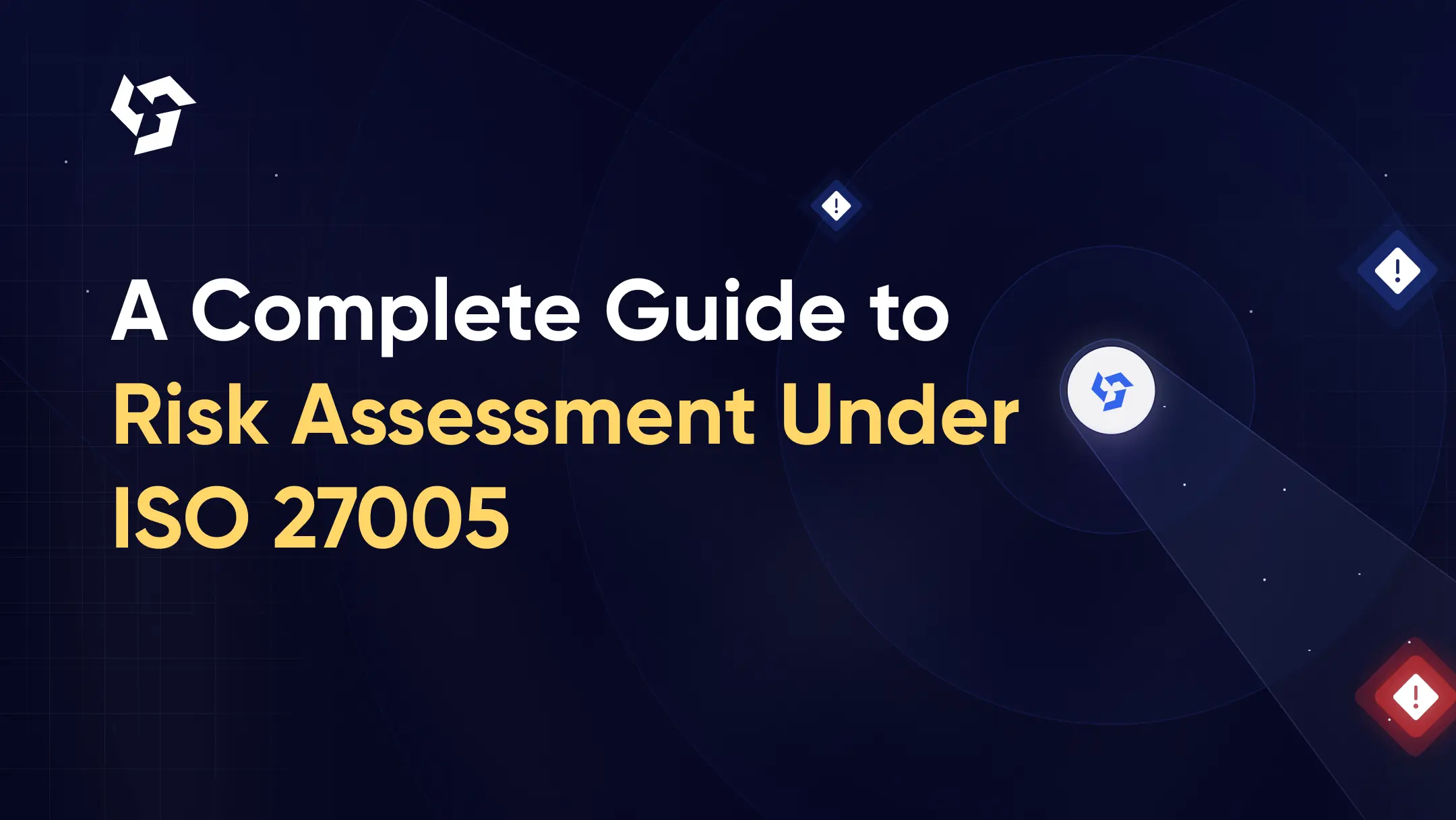
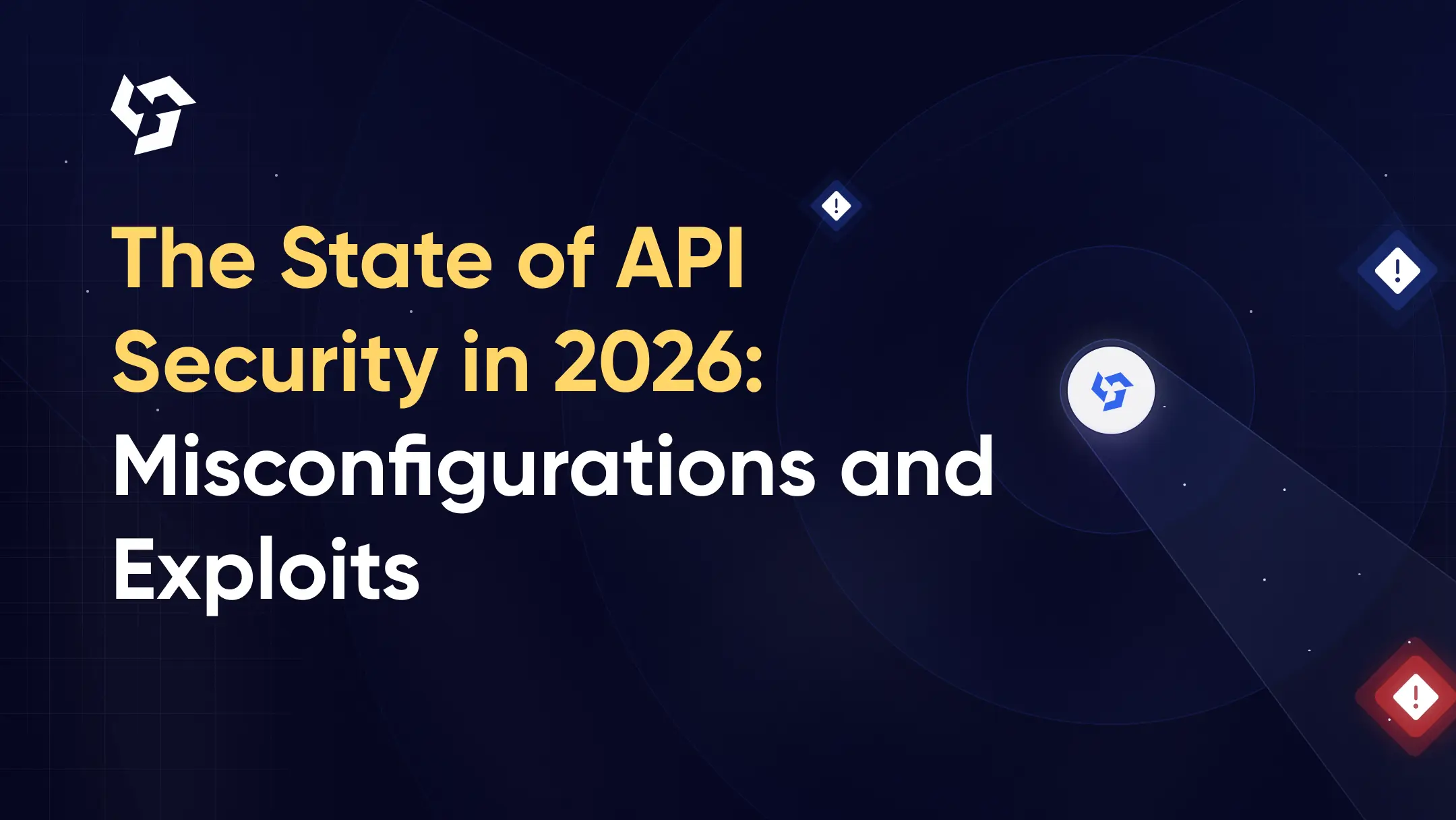

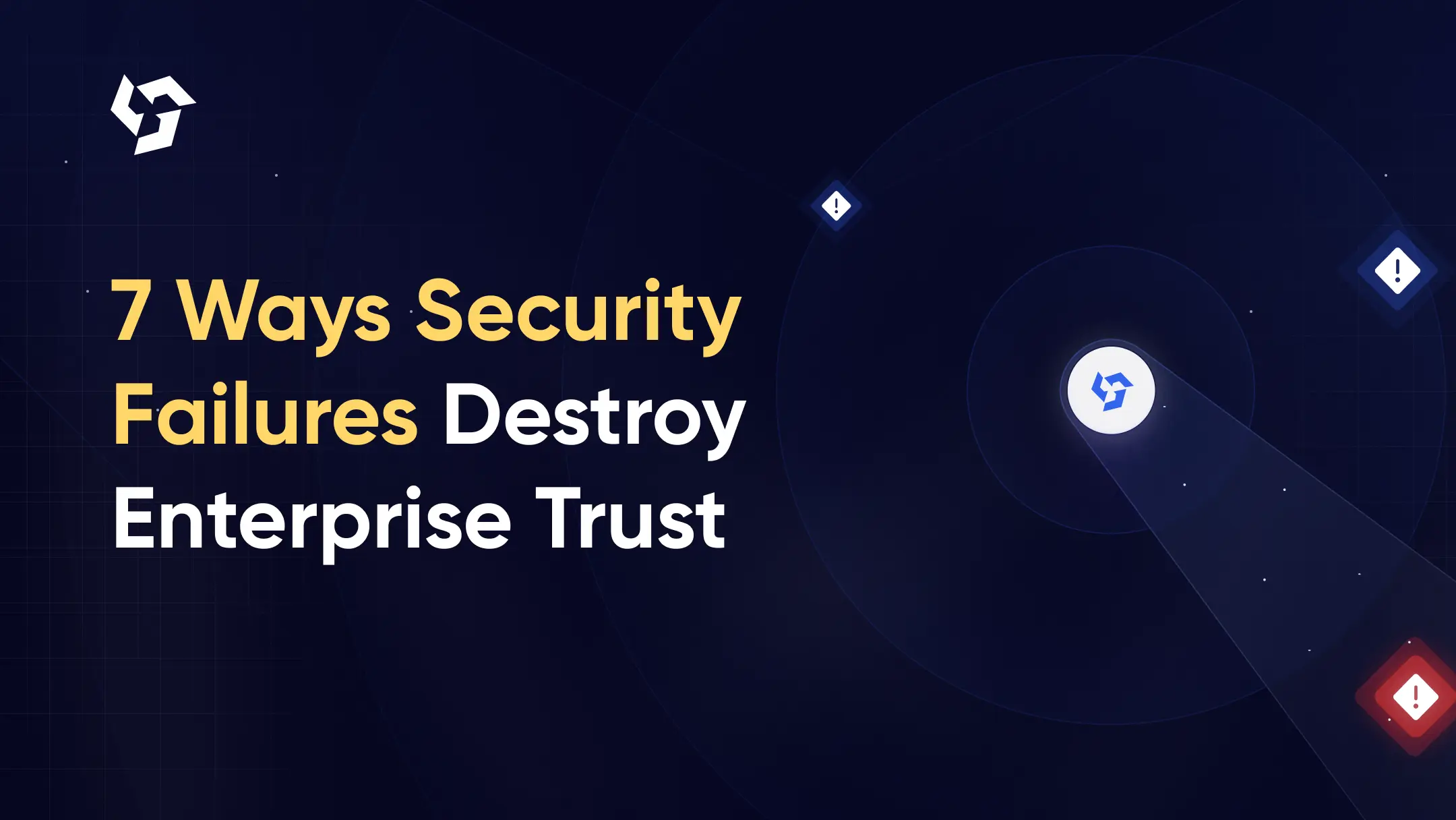
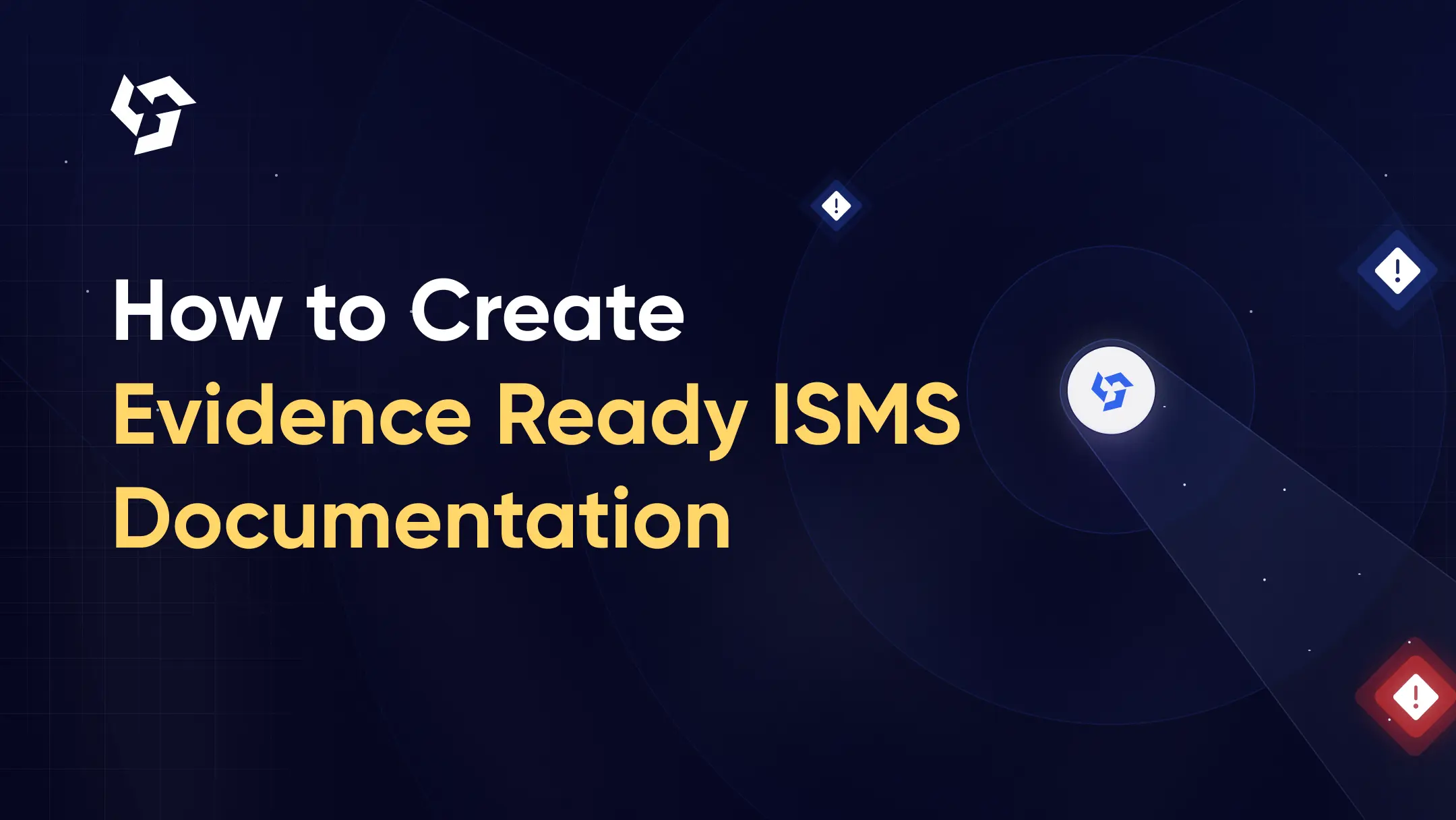
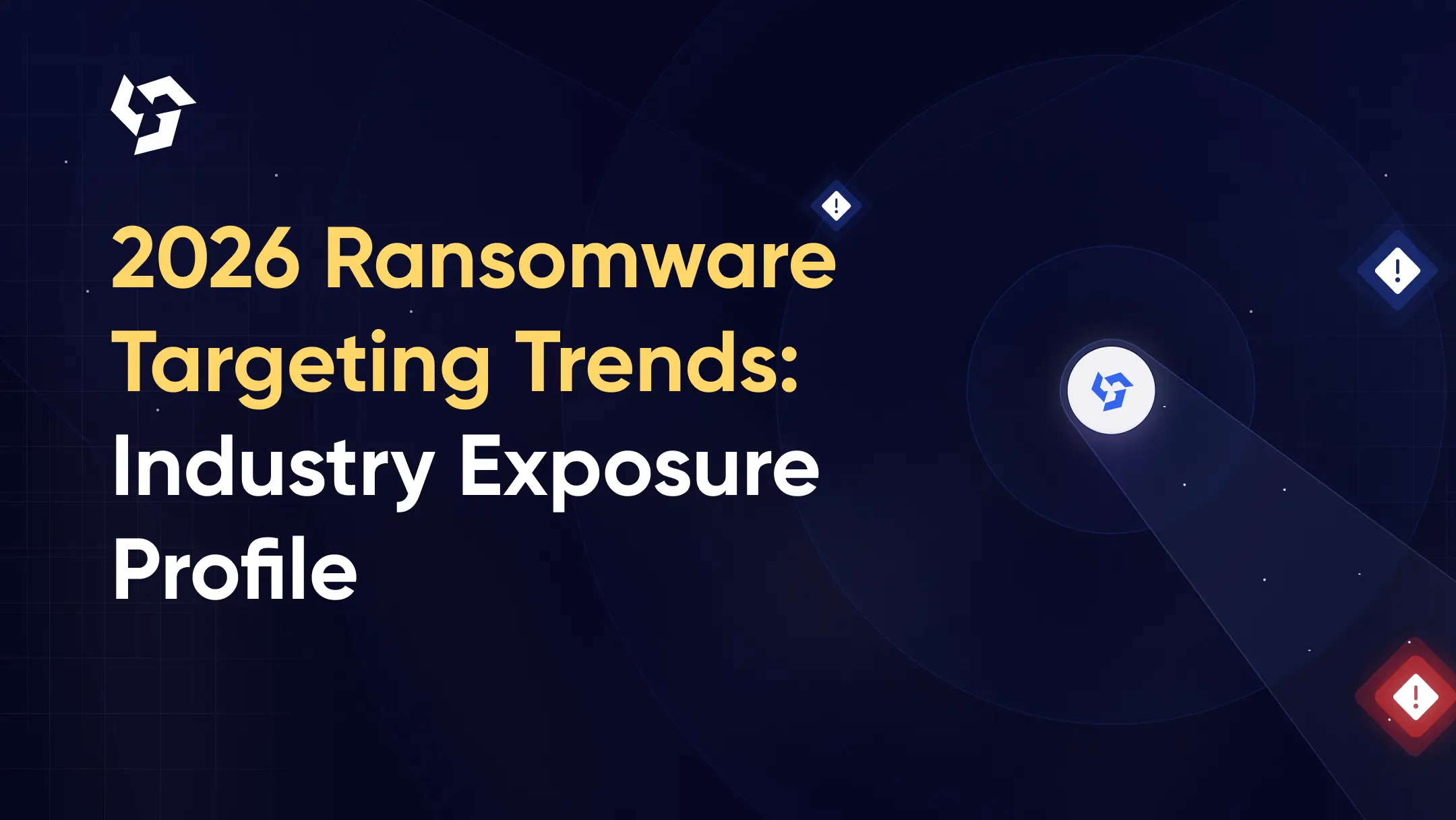

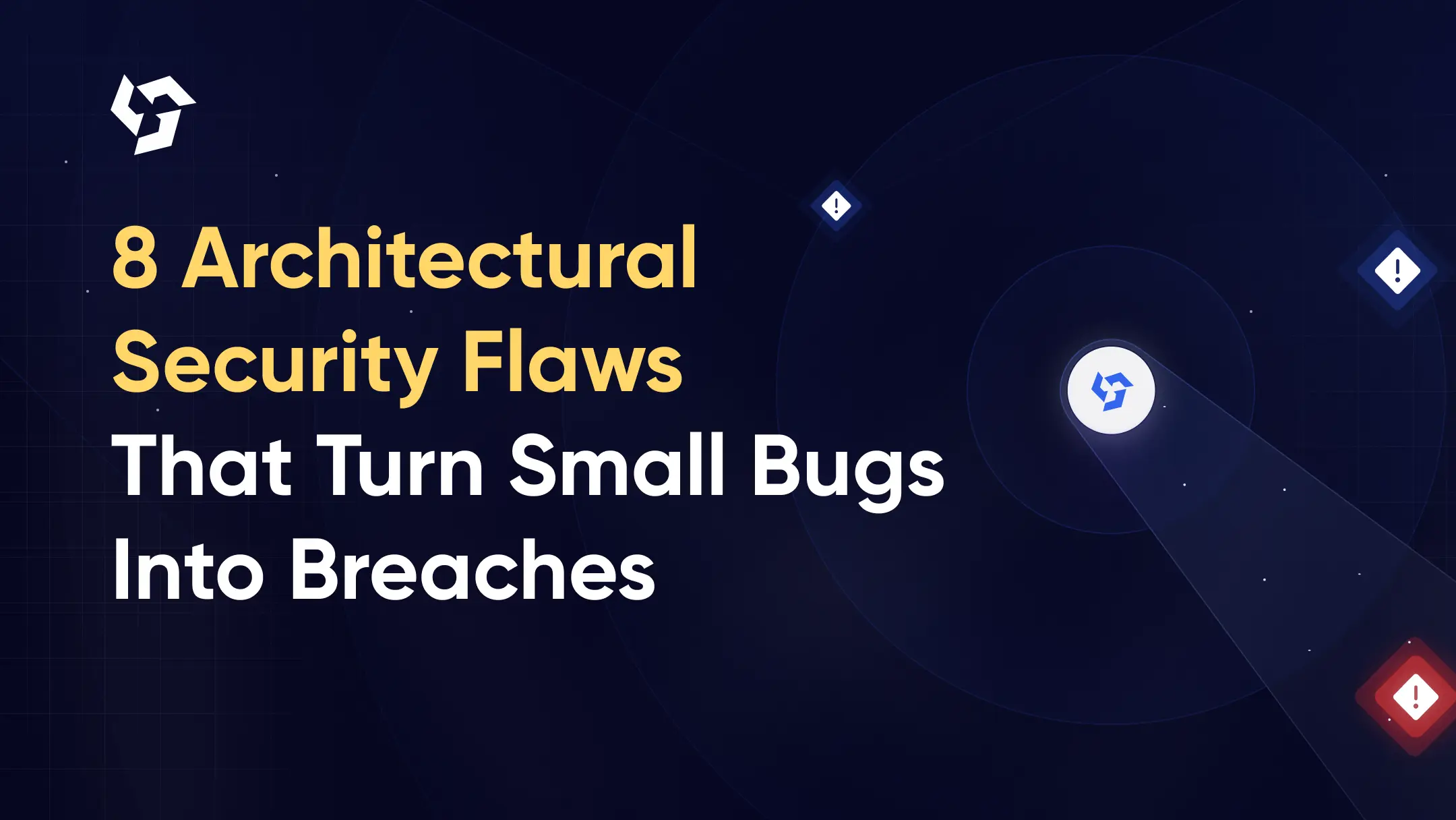
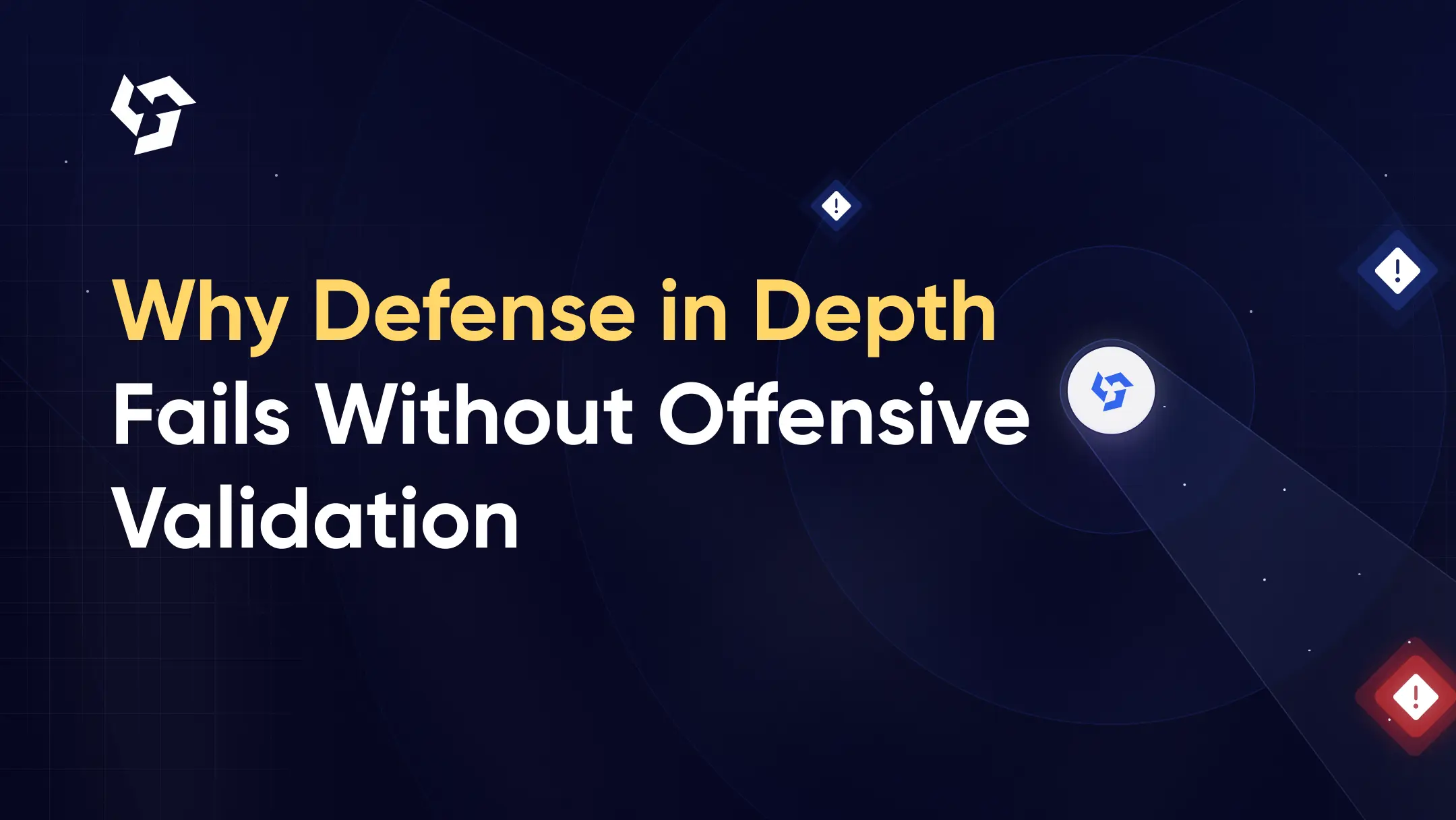


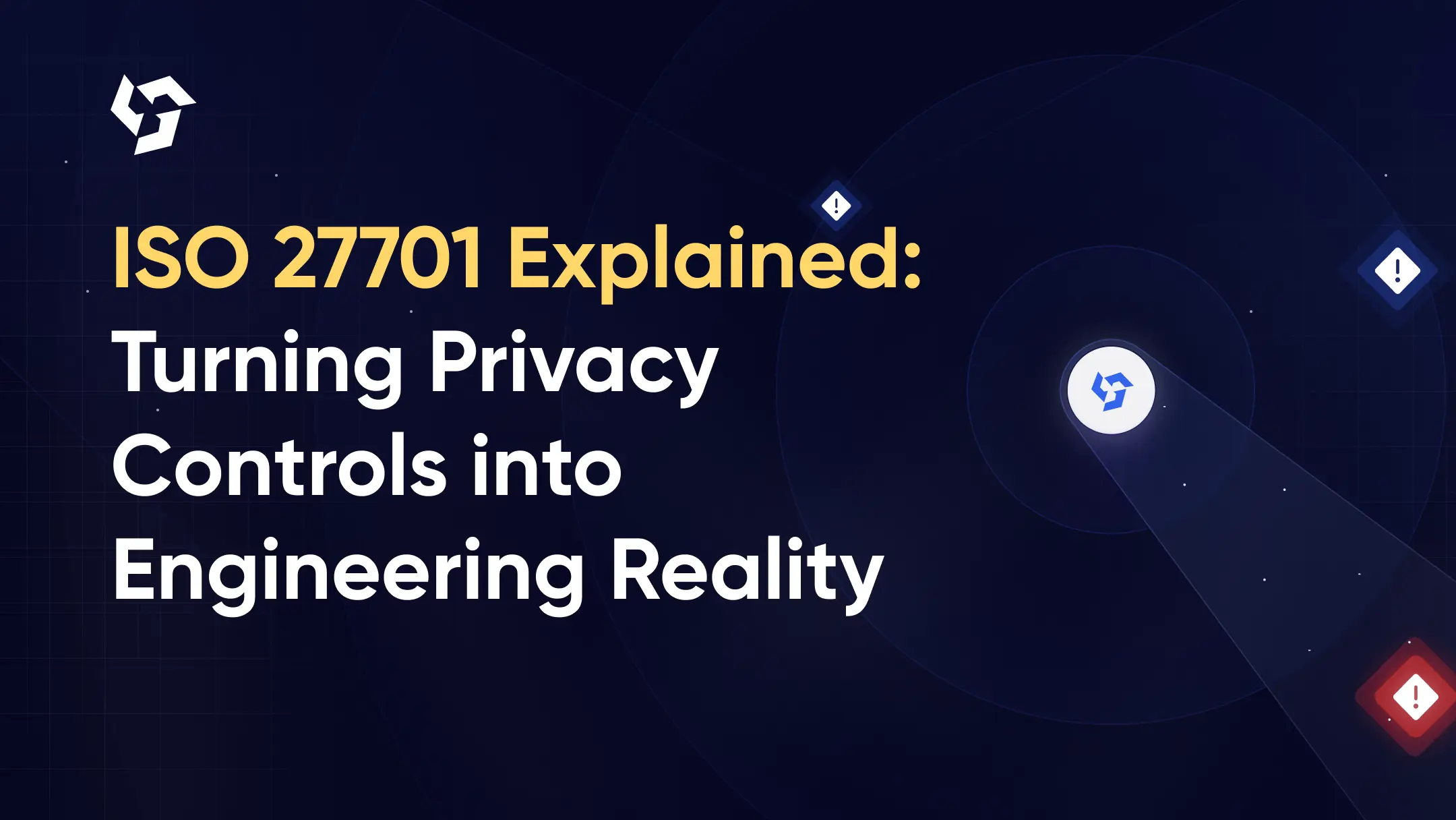

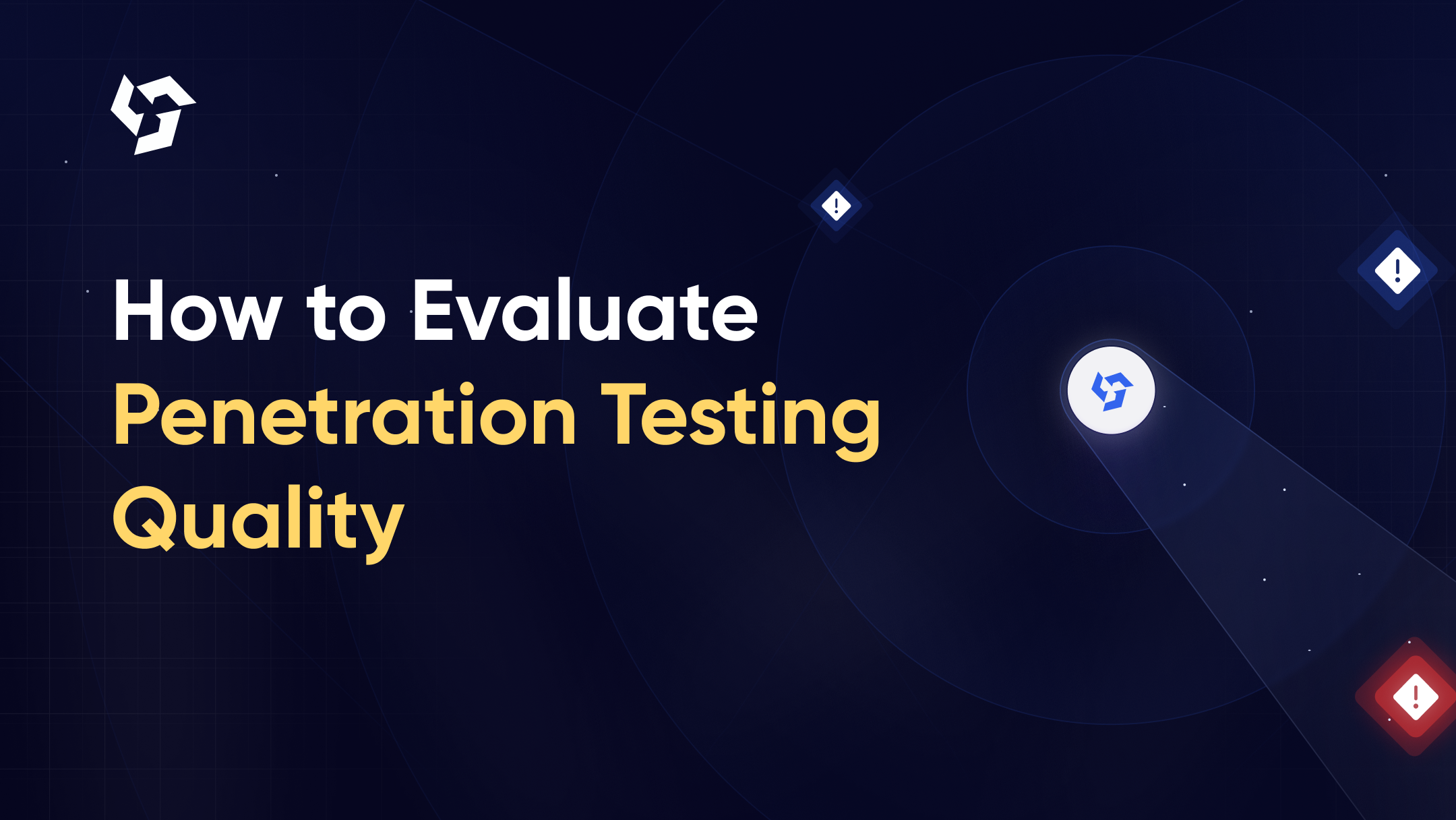
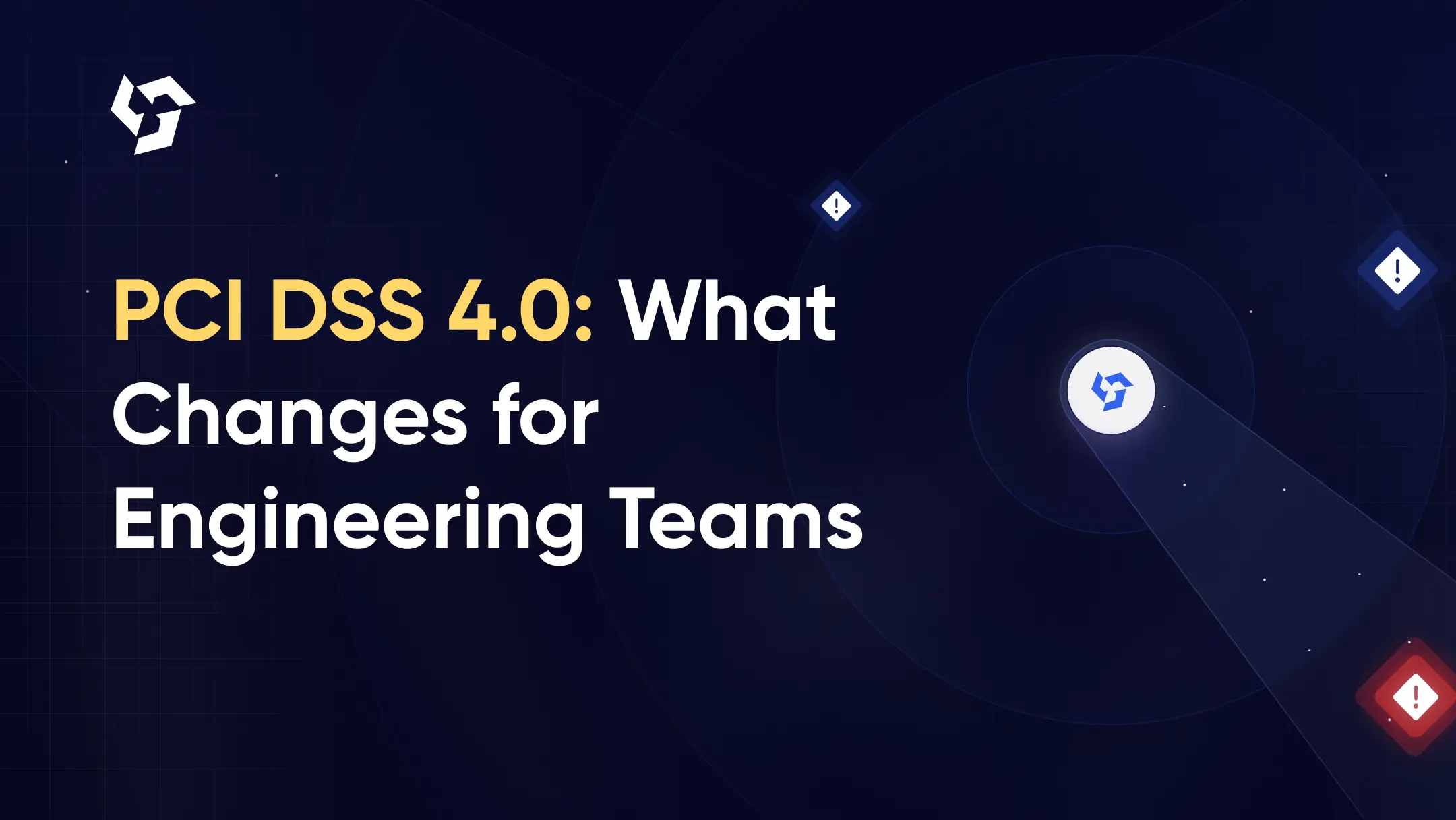
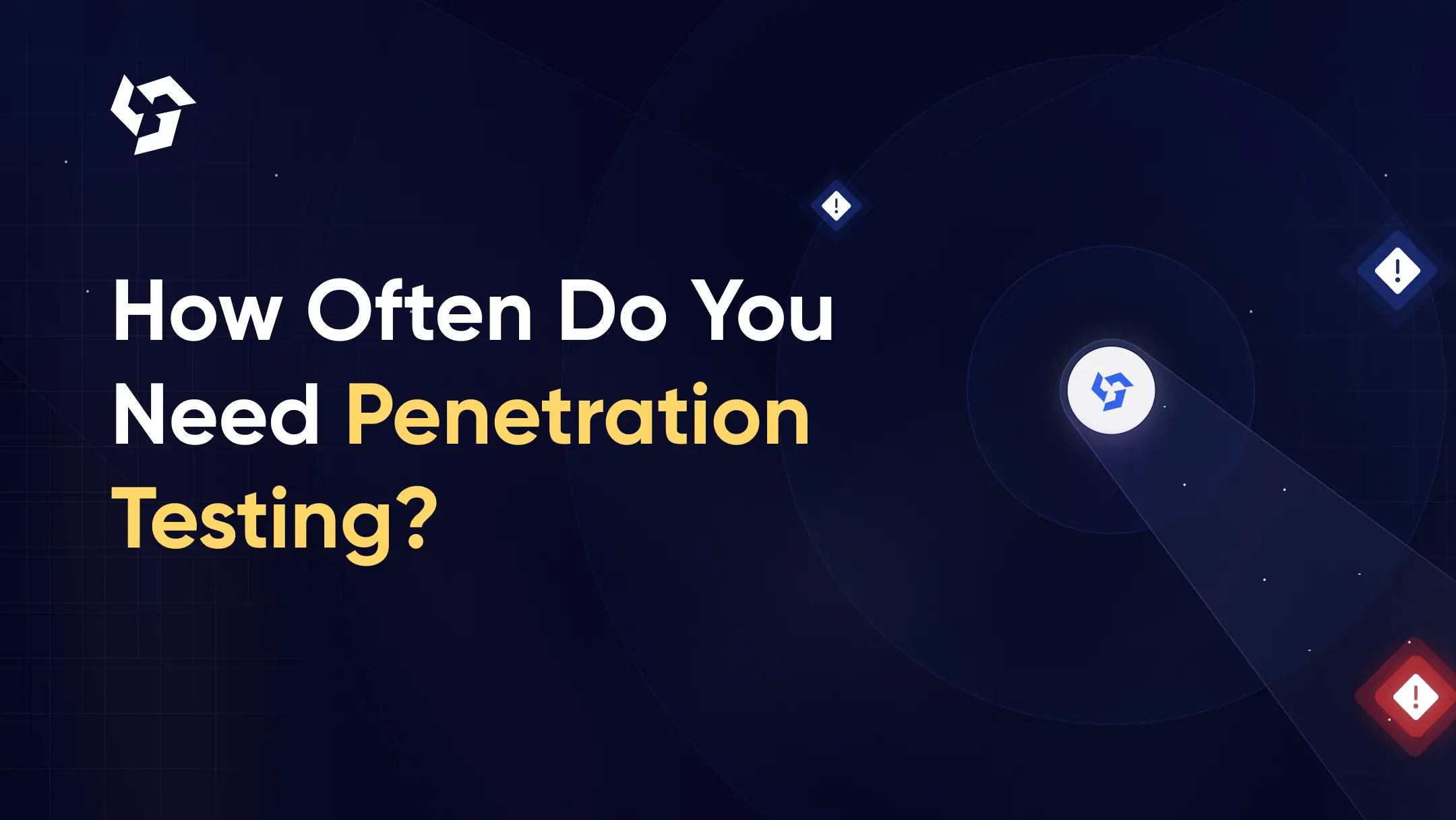
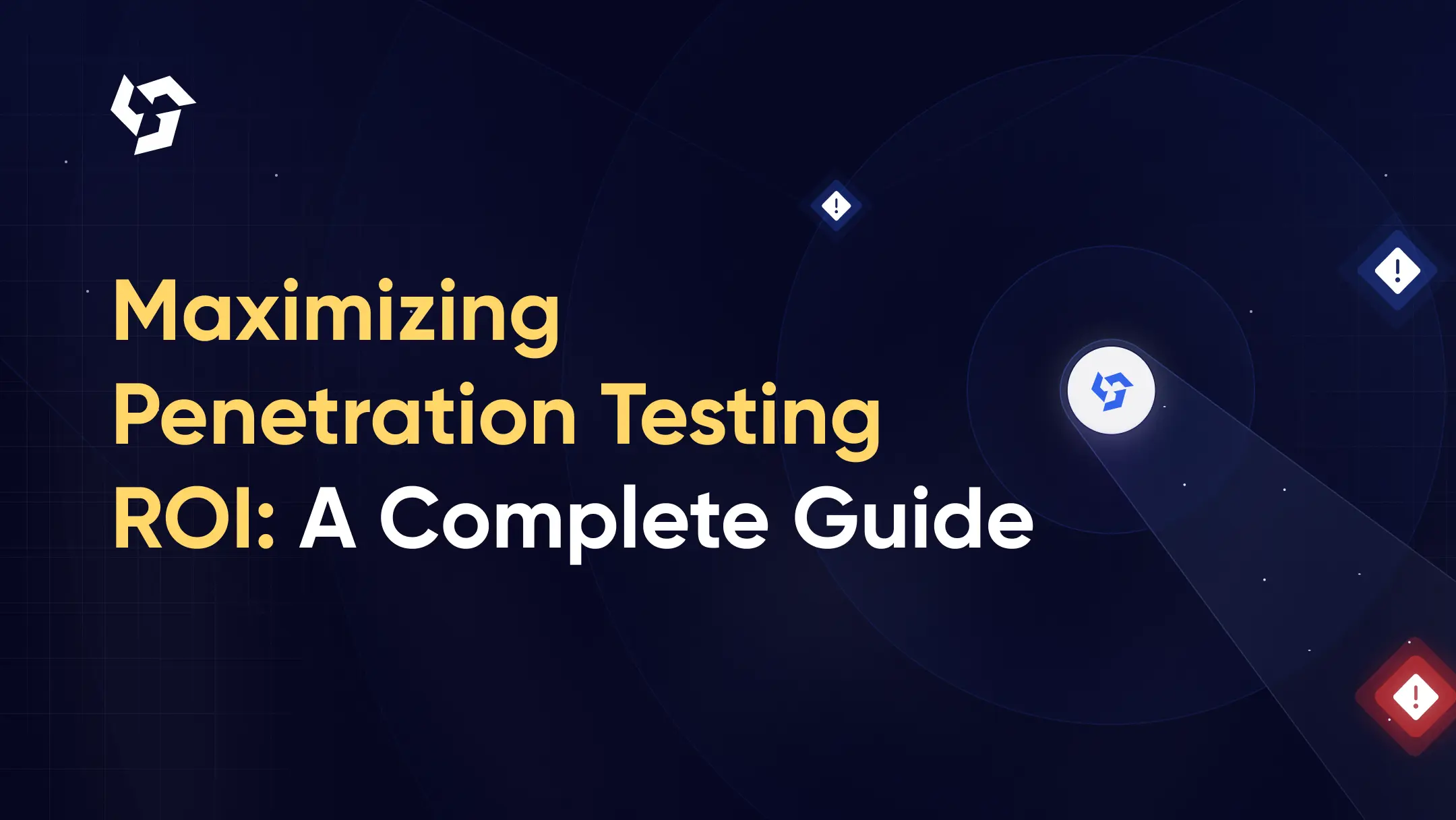


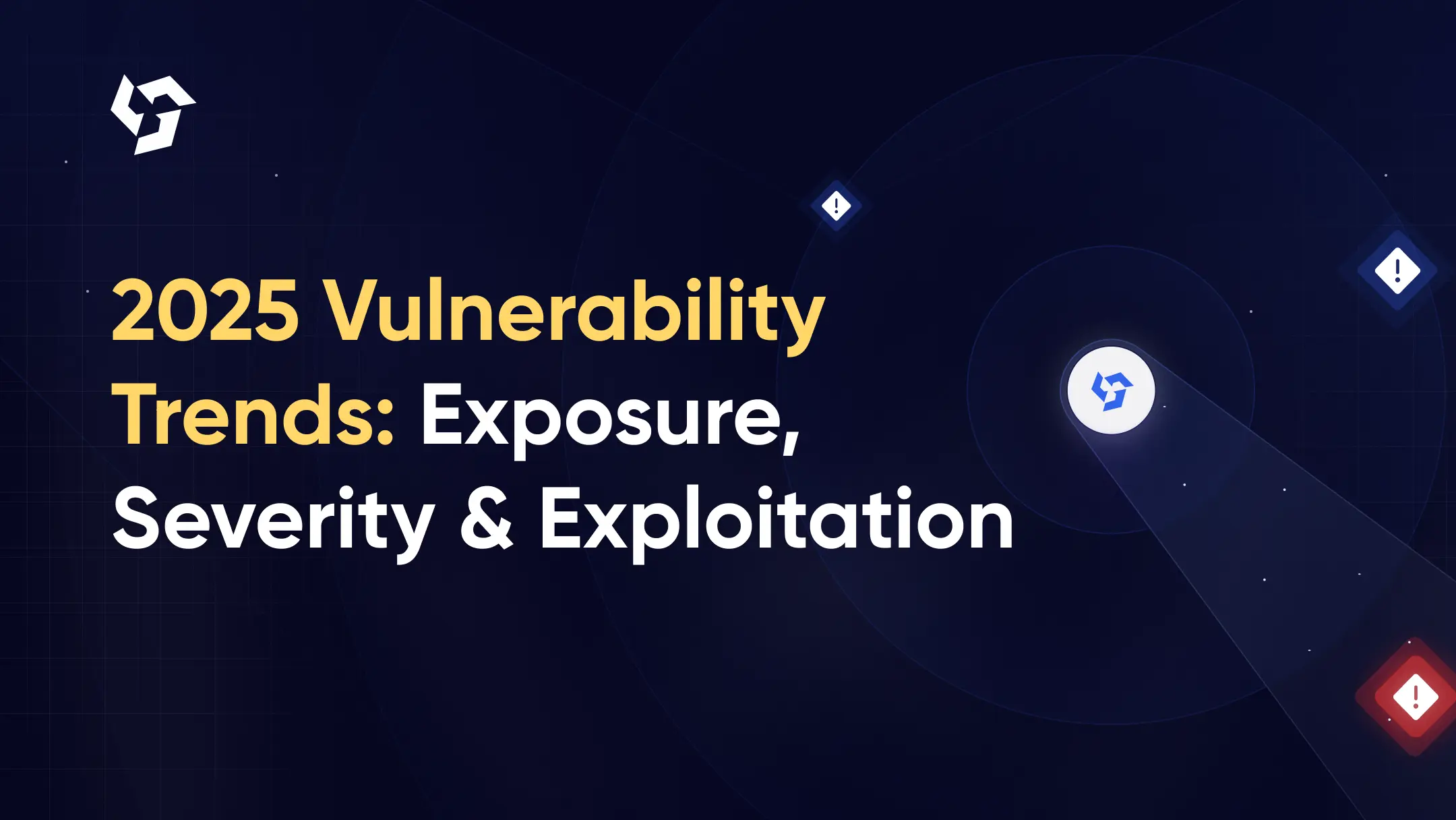
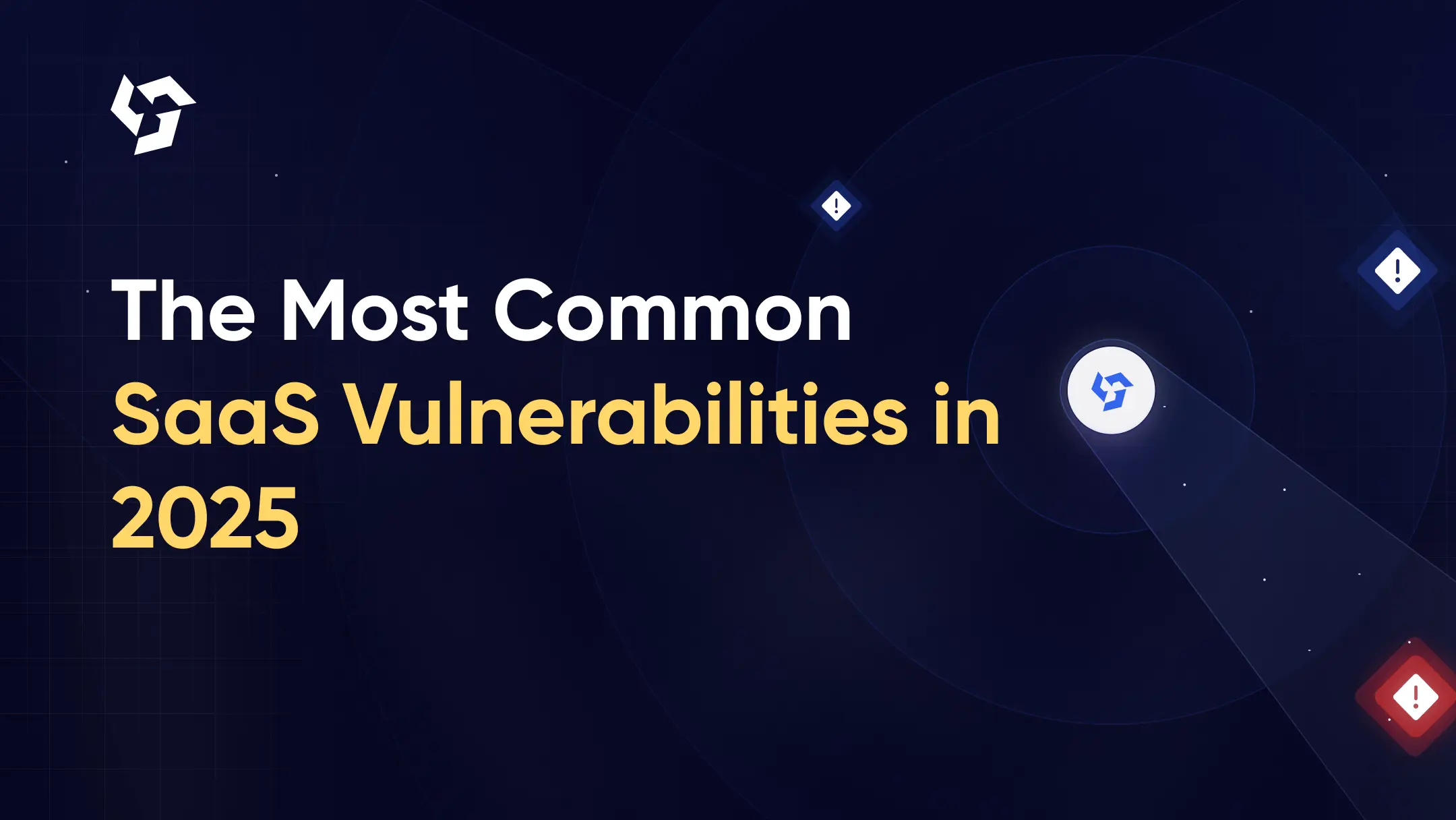





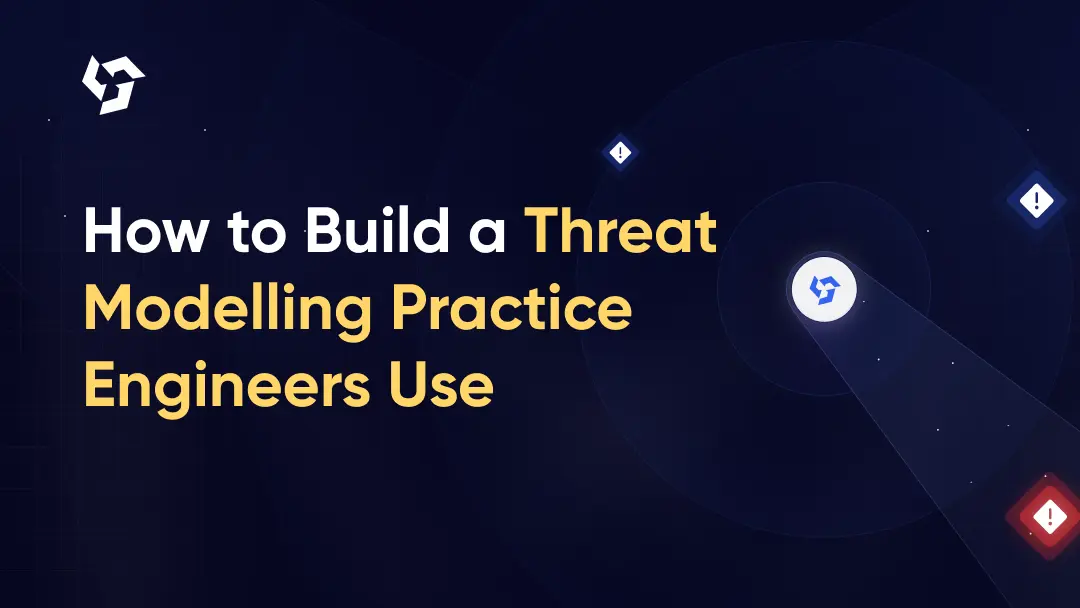



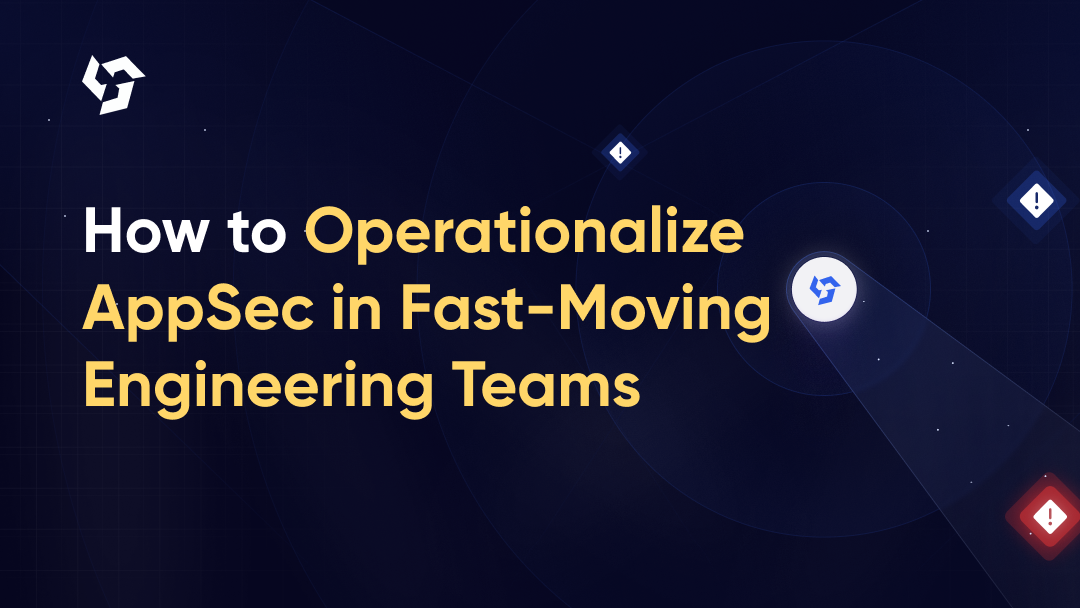

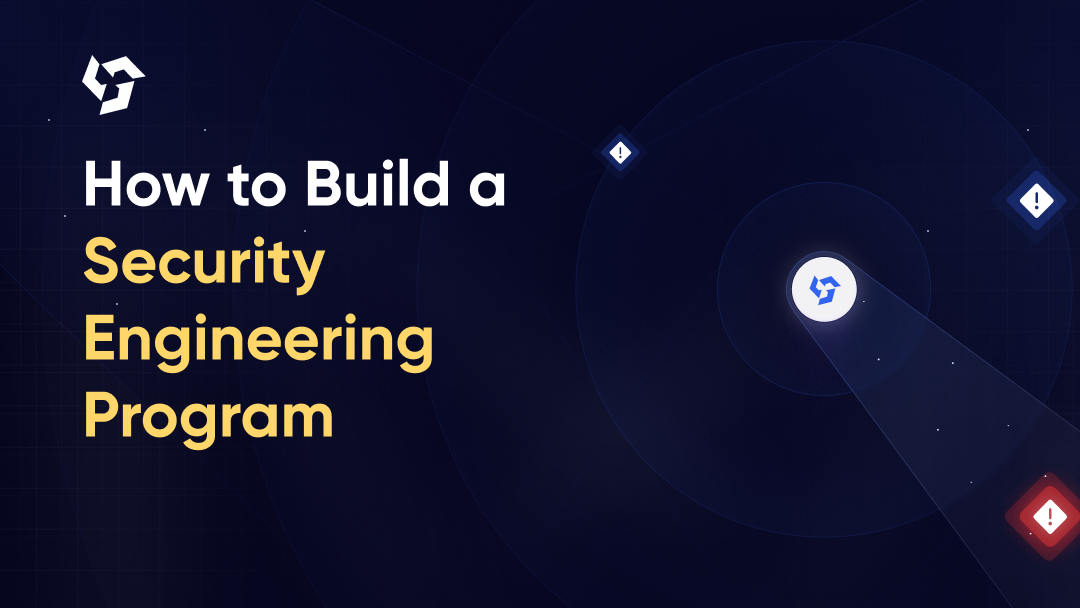

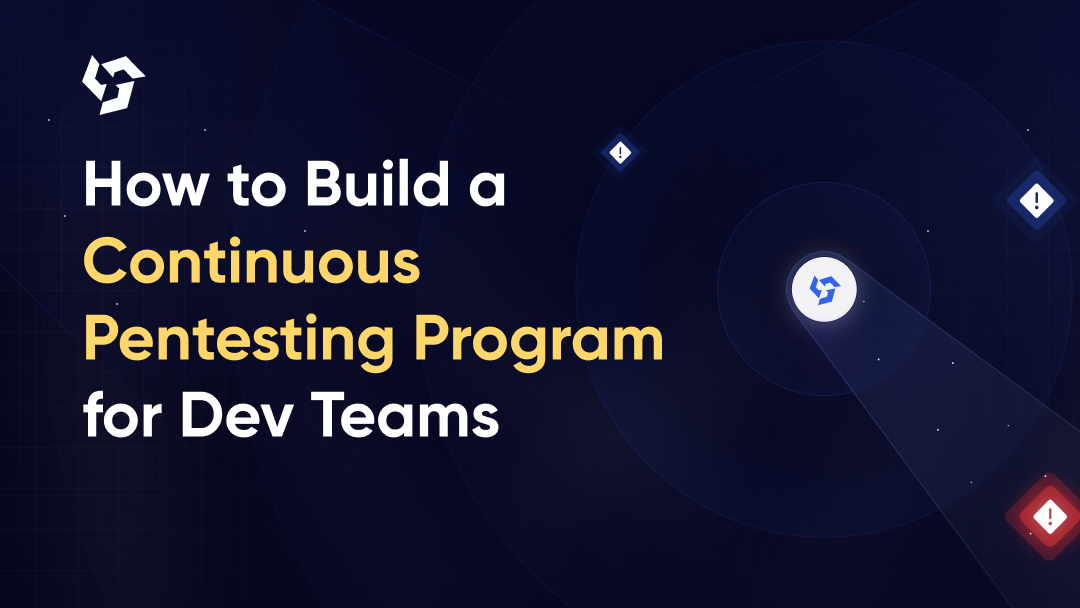




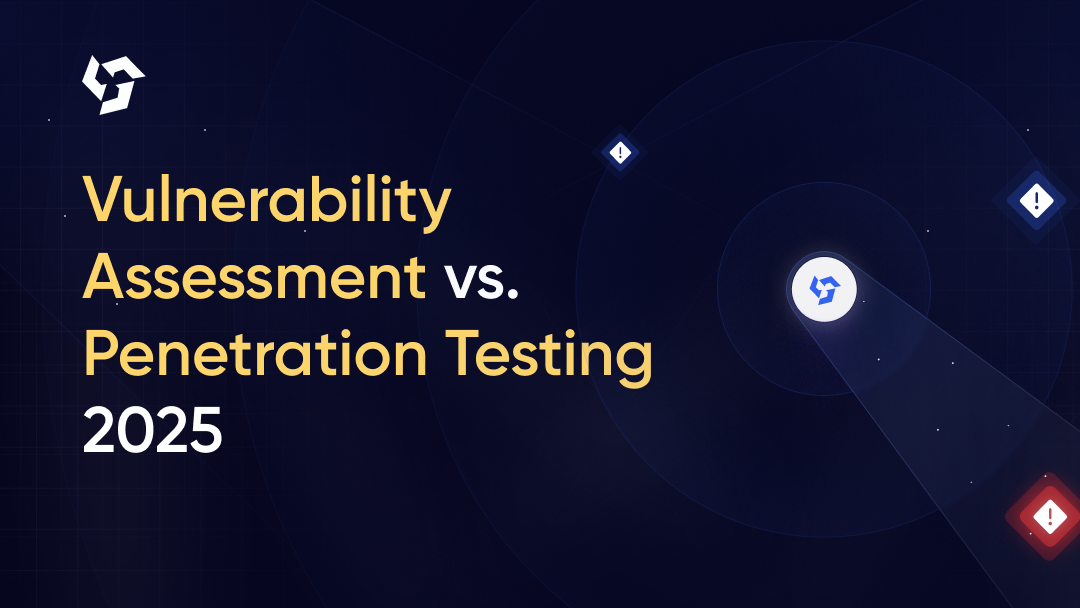

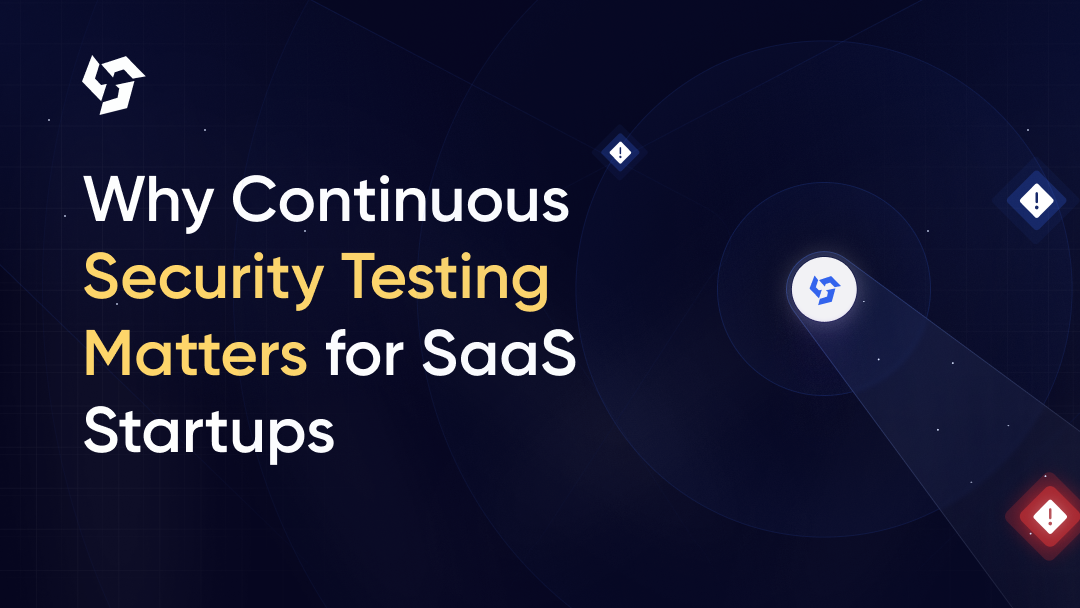
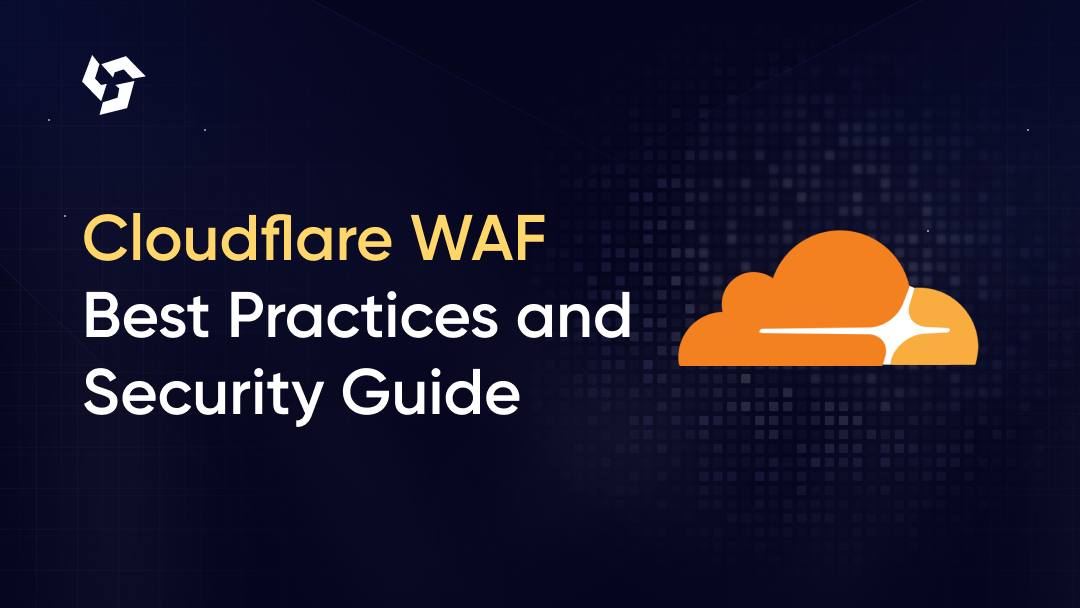

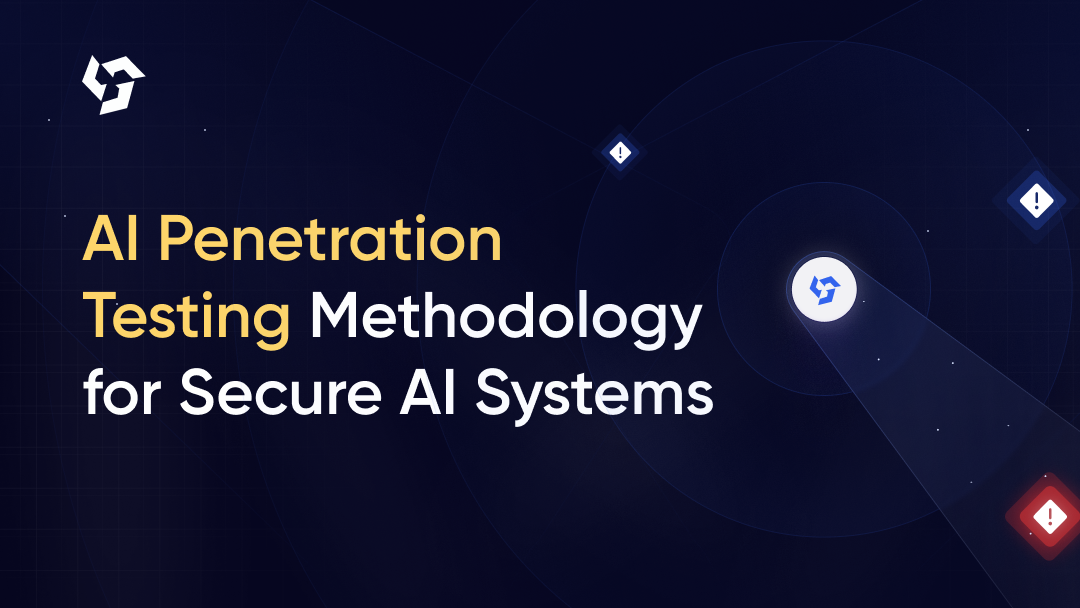

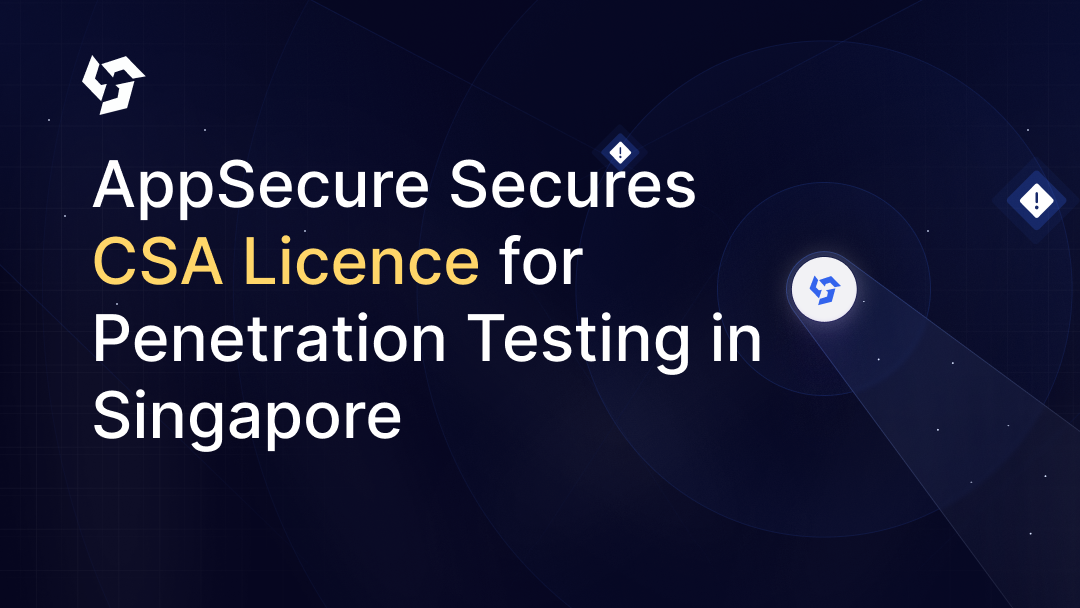
.png)
.png)
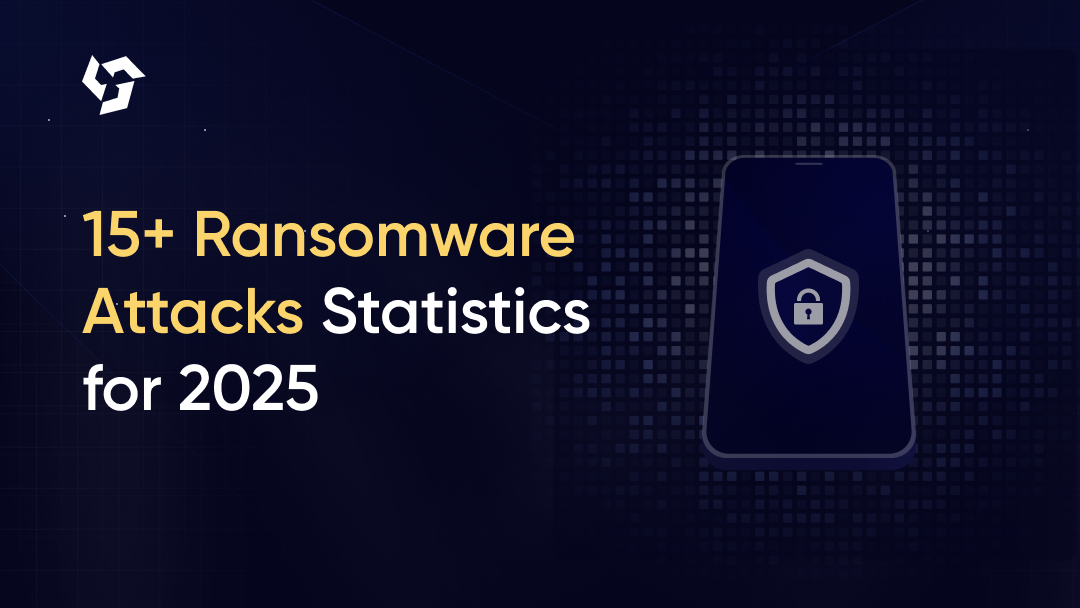
.png)
.png)
.png)
.png)
.png)
.png)
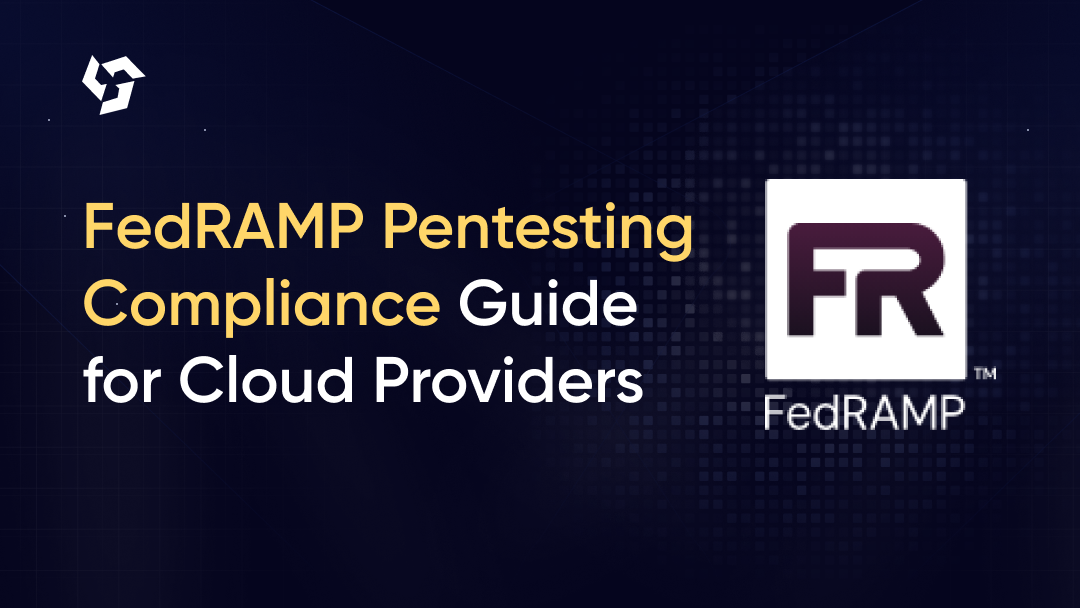
.png)
.png)
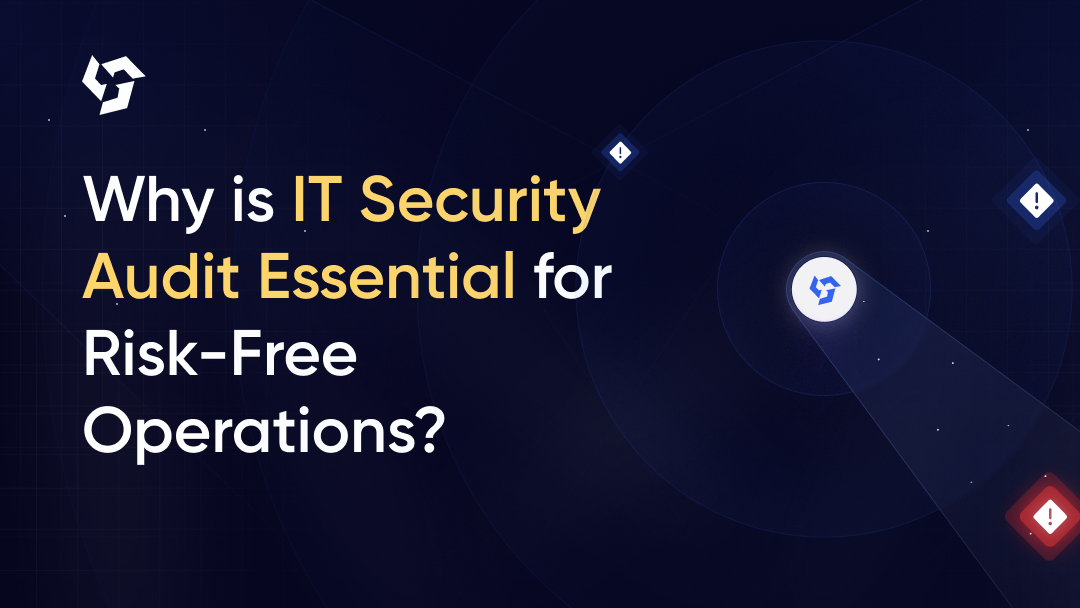

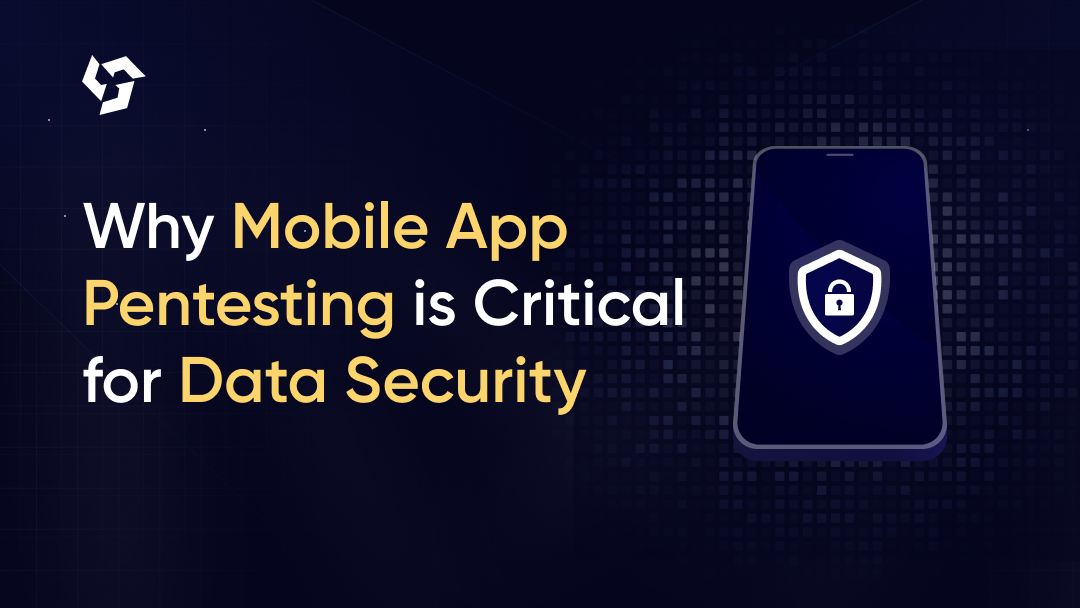
.png)


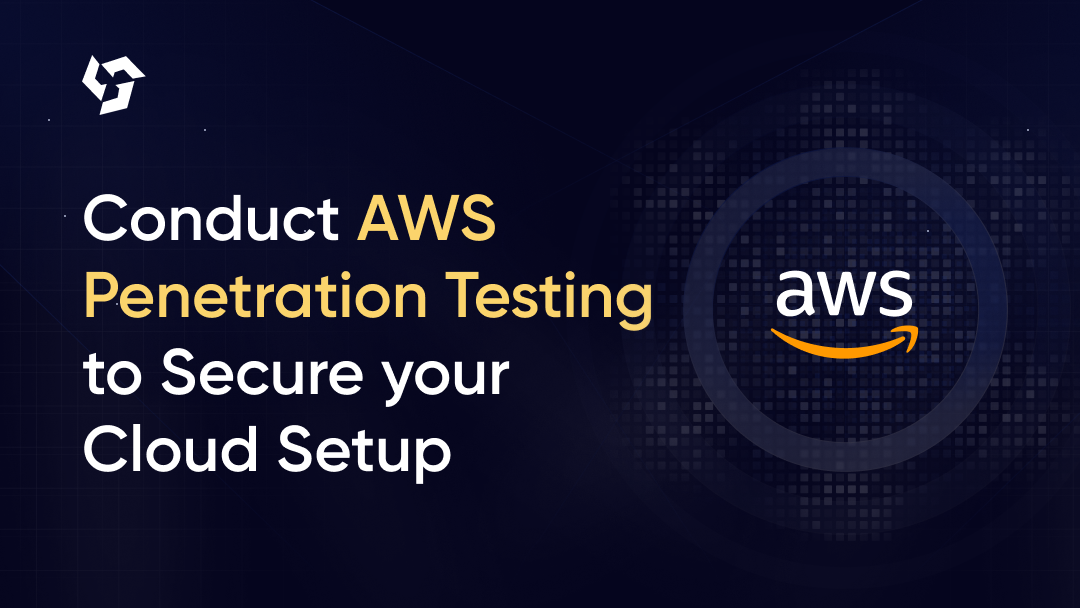
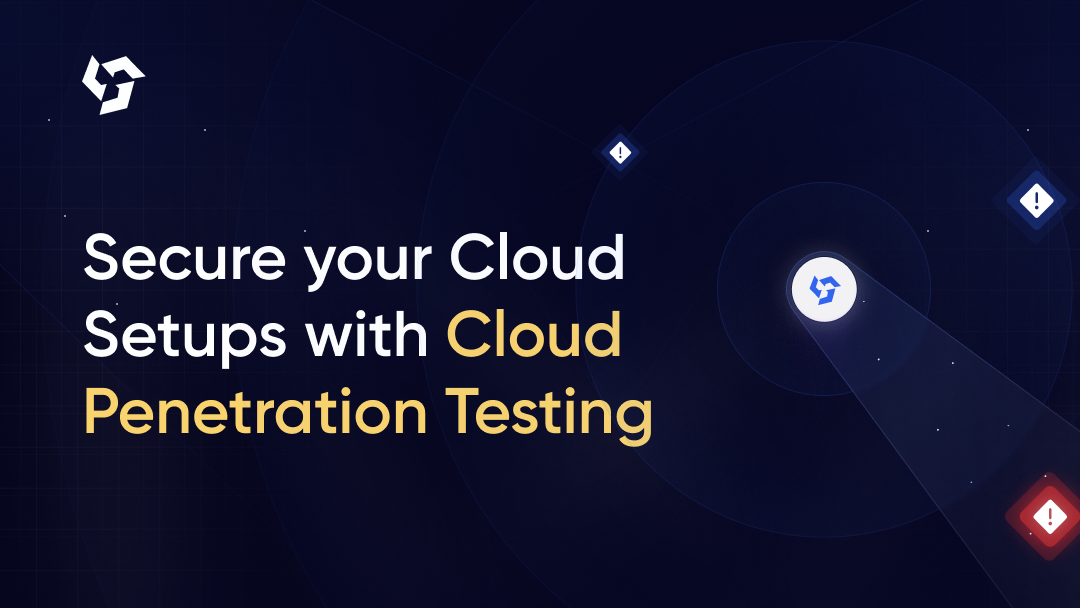
.png)
.png)
.png)
.png)
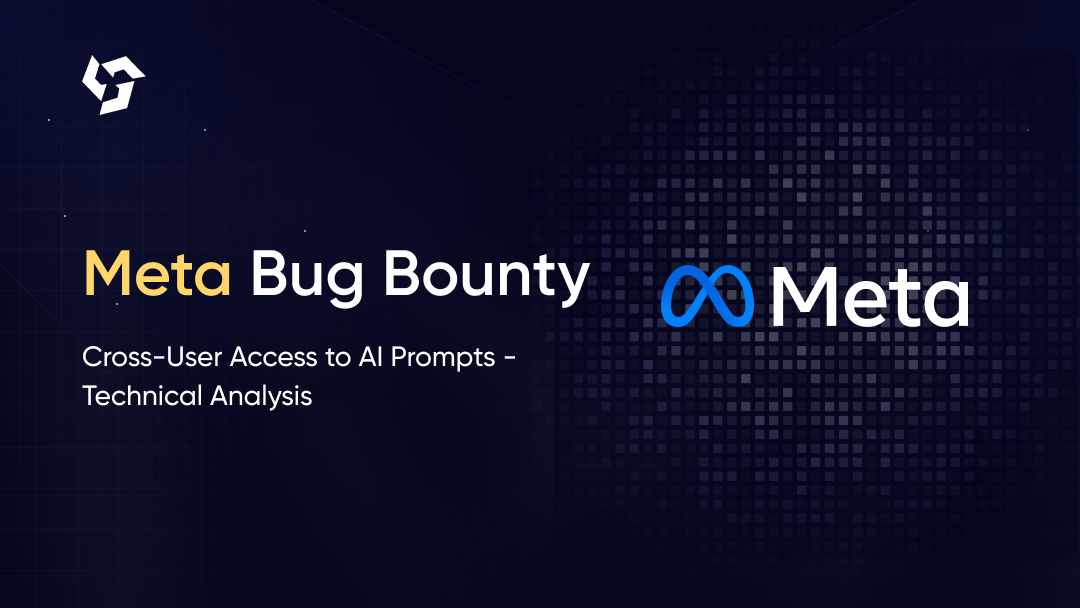
.png)
.png)
.png)

.png)
.png)
.png)
.png)
.png)

.png)








.webp)





.webp)



.webp)
